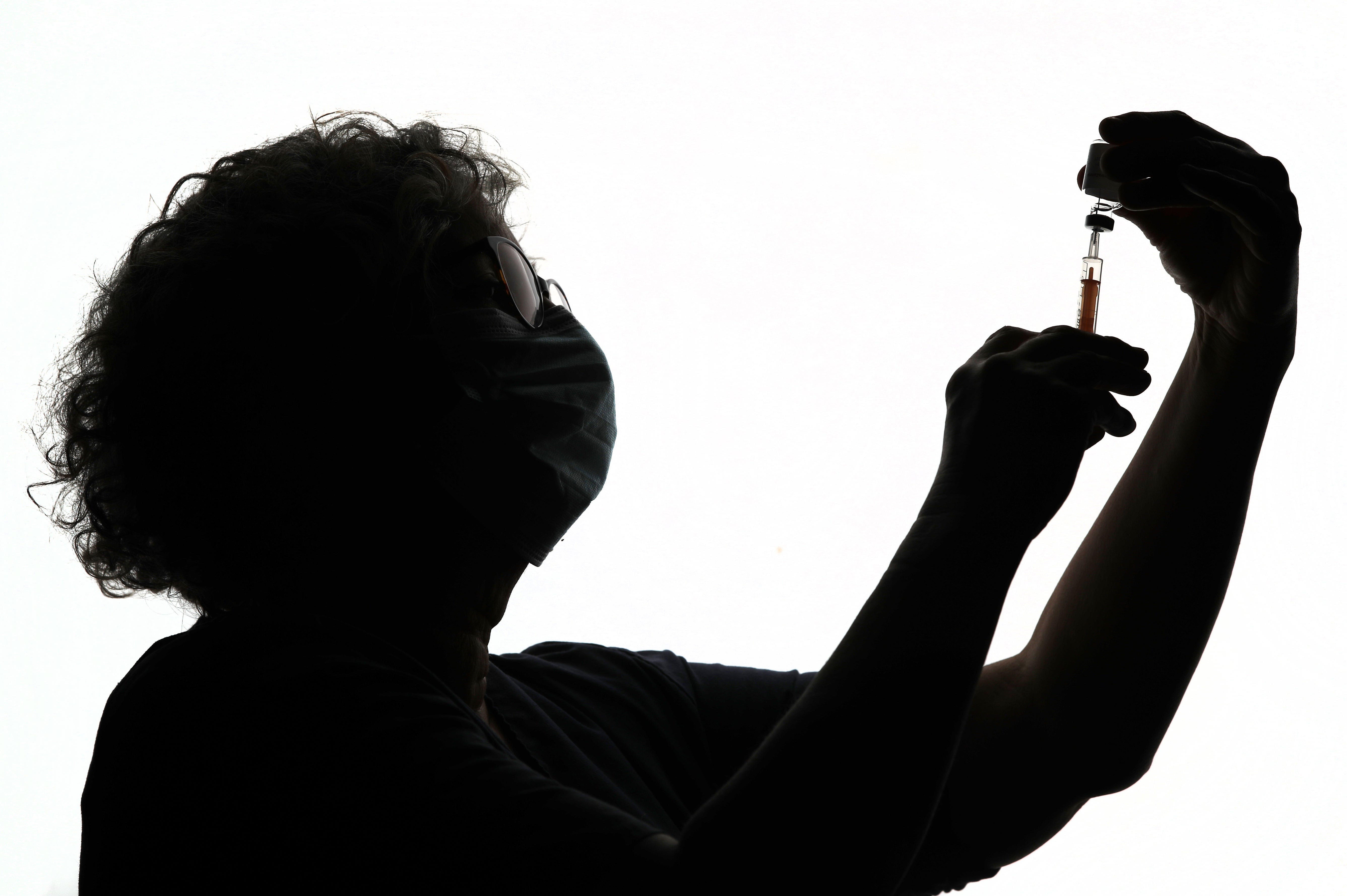Monkeypox outbreak has plateaued but vaccine shortages possible – health chief
Dame Jenny Harries said there are now around 20 cases a day, compared to 35 two weeks ago.

Your support helps us to tell the story
From reproductive rights to climate change to Big Tech, The Independent is on the ground when the story is developing. Whether it's investigating the financials of Elon Musk's pro-Trump PAC or producing our latest documentary, 'The A Word', which shines a light on the American women fighting for reproductive rights, we know how important it is to parse out the facts from the messaging.
At such a critical moment in US history, we need reporters on the ground. Your donation allows us to keep sending journalists to speak to both sides of the story.
The Independent is trusted by Americans across the entire political spectrum. And unlike many other quality news outlets, we choose not to lock Americans out of our reporting and analysis with paywalls. We believe quality journalism should be available to everyone, paid for by those who can afford it.
Your support makes all the difference.There are signs that the monkeypox outbreak in the UK has “plateaued”, a health leader has said but she warned of the potential for temporary vaccine shortages in some areas.
Dame Jenny Harries, chief executive of the UK Health Security Agency, said cases have decreased over the last few weeks.
But she suggested vaccine doses may “run out in some areas” before new consignments arrive.
Dame Jenny said the UK had procured the “maximum amount of vaccine available”.
The UK has ordered 150,000 doses of smallpox vaccine – which has now also been licensed for monkeypox.
Health officials initially secured 50,000 doses and sexual health leaders have suggested there will be a period between current doses running out before the next batch arrives.
Dame Jenny told BBC Radio 4’s Today programme: “We have some early signs, we hope – always remaining vigilant and cautious – that the outbreak in this country is actually plateaued and over a four-week period has started to steadily decrease.
“A couple of weeks ago it was 35 cases a day, now it’s around 20 cases a day.
“We’re really grateful to both those individuals at high risk and of course our sexual health clinics particularly for providing the vaccination.
“There may be a short period, probably of three or four weeks, where vaccines may run out in some areas.
“In those cases we are ensuring that the individuals who have come forward are checked and will be invited again, so they just need to ensure that their names are available. As soon as the vaccine’s in, we will get it into people’s arms.
“We’ve rolled out, as you would expect, the vaccines that we have – so that’s just over 50,000 doses to the system.
“The most important thing in managing this outbreak is to get the vaccines into people’s arms – (vaccines go) to local areas and they will then move that into people’s arms so we protect them.
“This is not what you might call a standard national vaccination programme, this currently is a vaccination programme which is an outbreak incident response approach.
“What that means is we will use the vaccine on a risk-based assessment in the best way we can to bring the outbreak under control.”
Initial estimates suggested 40,000 people would be eligible for vaccination – which comes in two doses – but Dame Jenny said this may have been an “underestimate”.
She added: “The number of people coming forward will change actually or the number of people who will be in that risk group is likely to change as we go through the outbreak, as we learn more about it.”
On doses, Dame Jenny continued: “We’ve procured 150,000 doses, 50,000 were immediately available. 100,000 are literally being produced for us.
“We have procured the maximum available without any restriction on cost or numbers, the maximum available to manage the incident and now we are using that in a way which will control the outbreak as best we can.”